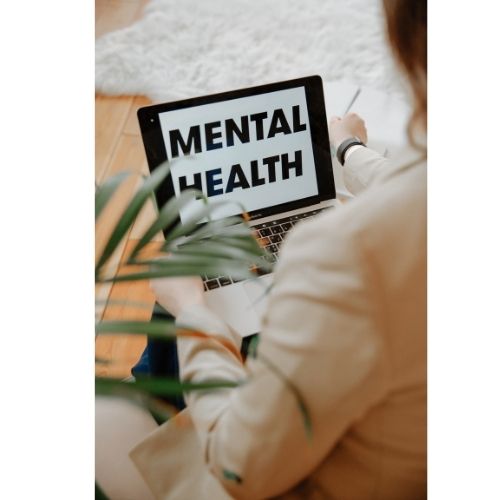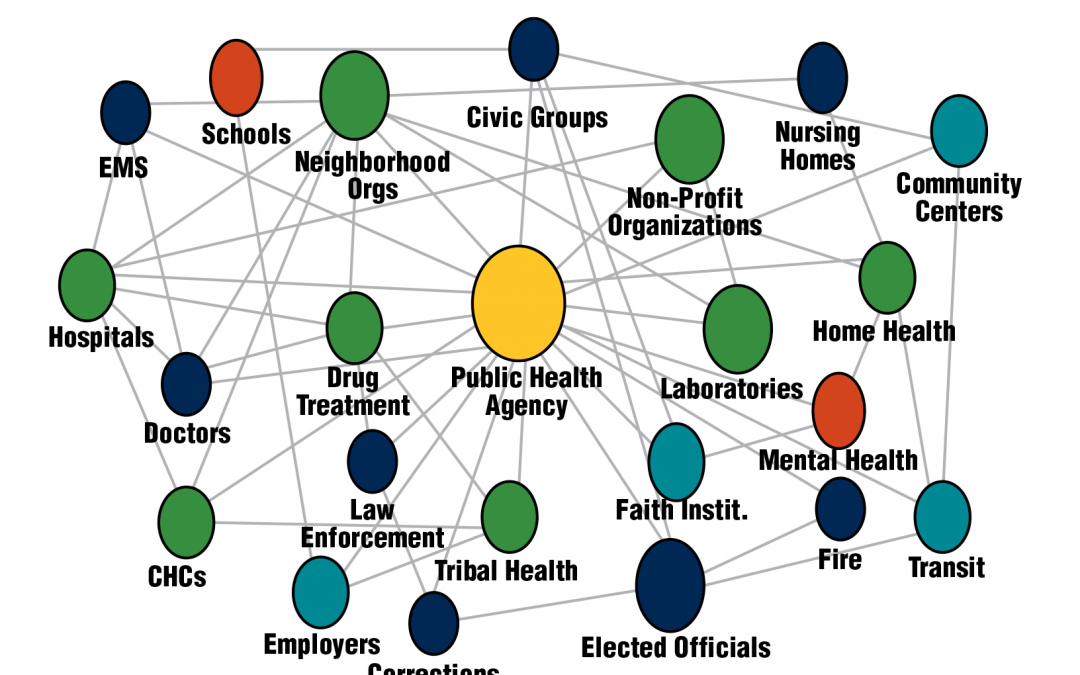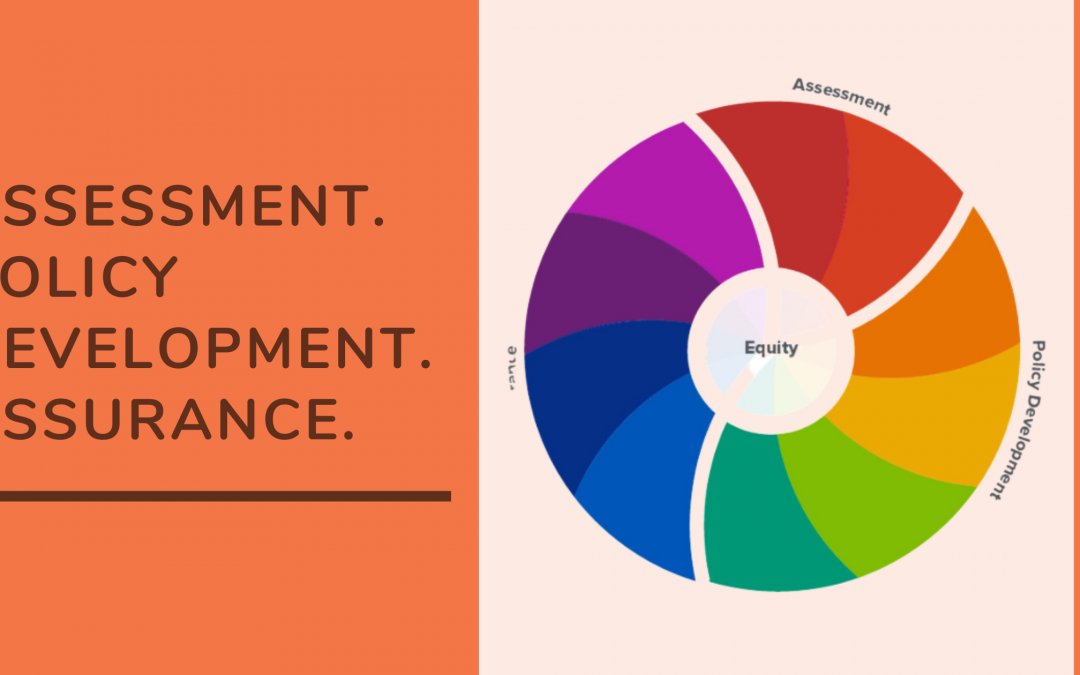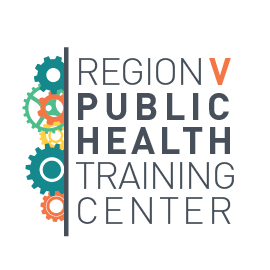
Nov 30, 2022 | Data, General RVPHTC, Workforce Development
While Public Health training centers will continue to play a critical role in training the public health workforce…we must find ways to engage, recruit, and retain this workforce, as well as train them.

Oct 5, 2022 | Health Equity, Racial Equity, Workforce Development
A public health workforce that is representative of the population it serves is better equipped to address the unique needs of their community.

Jul 12, 2022 | General RVPHTC, Workforce Development
The RVPHTC was recently awarded $3.7 million in funding by HRSA. The award provides funding from July of 2022 through June of 2026, and will help the center expand its goal to increase the supply, diversity, and capacity of the public health workforce.

May 16, 2022 | Mental Wellbeing, Workforce Development
Mental health in the workplace is a major public health concern and the COVID-19 pandemic has shown that the struggles should be more openly discussed, with interventions and solutions for everyone. There are numerous initiatives and efforts to advance the awareness of improving the mental state of our workforce, but the challenges presented by the COVID-19 pandemic and remote work are yet to be fully addressed.

May 11, 2022 | Workforce Development
Relatively little of our national conversation on health is about public health, which is right in line with our spending on public health; less than 3% of that spending goes toward governmental public health, i.e. public spending through federal, state, and local agencies and services provided by them.

Feb 1, 2022 | Workforce Development
What are the 10 Essential Services? Do they compare to the Core Competencies for Public Health Professionals? Find out how these two public health frameworks interact to improve the health of our communities.






